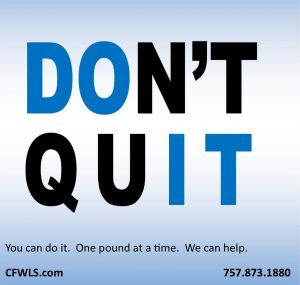 Low Carbohydrate diets actually have a lot of misconceptions. So we’re going to go through a bunch of them. Let’s start out with the first two I hear most commonly.
Low Carbohydrate diets actually have a lot of misconceptions. So we’re going to go through a bunch of them. Let’s start out with the first two I hear most commonly.
The first misconception: Ketosis is dangerous.
The second misconception: Low carb diets make you lose bone mass and are bad for your kidneys.
Ketosis just means you have ketones in your bloodstream. We have ketones in our bloodstream all the time. It’s just the level of ketones. Ketones are really just an energy source. They come from the breakdown of fat. Isn’t that what you want in a weight loss plan? You want to have some ketones in your bloodstream so you can use them as an energy source. Ketosis is often confused with diabetic ketoacidosis, and that’s a completely different thing. That occurs when the ketones get about 10 times the level of what would happen in a low carbohydrate diet. Ketosis by itself is not dangerous at all. It’s just an energy source.
Initially in low carb diets we saw that there was some extra calcium in the urine. But long-term we found that we actually absorb more calcium. So for a little bit of calcium that’s lost in the urine, there’s still a positive calcium there. We don’t actually lose bone mass. We can actually improve bone mass. Kidney failure doesn’t happen. There’s a difference between kidneys that can have low carb diets and kidneys that shouldn’t have low carb diets. What I mean is, with kidneys that are normal, there’s no problem with having a low carbohydrate diet. Kidneys that are abnormal should not be on a low carbohydrate diet. Typically, on a low carbohydrate diet, you’re going to have a little more protein, and it’s the protein that’s the problem. It’s the extra nitrogen in protein that kidneys can’t handle if you’ve got bad kidneys. If you have normal kidneys, it could actually improve kidney function.
Remember-it’s your life. Make it a healthy one!






 Cat Keller has a wealth of experience in marketing, e-marketing, advertising and customer service and manages our Weight Loss Nutritional Store. She is always planning something fun and exciting. special events, discounts, giveaways – it’s never a dull moment. She is happy to help you with questions you may have regarding our products or services. Cat is a graduate of William & Mary, where she studied Government/Pre-Law and minored in Marketing.
Cat Keller has a wealth of experience in marketing, e-marketing, advertising and customer service and manages our Weight Loss Nutritional Store. She is always planning something fun and exciting. special events, discounts, giveaways – it’s never a dull moment. She is happy to help you with questions you may have regarding our products or services. Cat is a graduate of William & Mary, where she studied Government/Pre-Law and minored in Marketing.